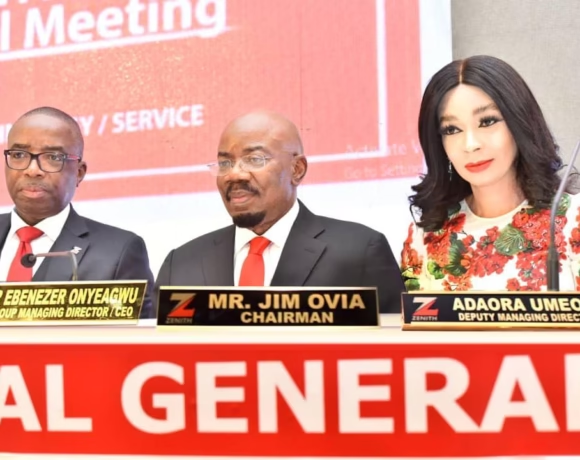Social Policies in the DPRK

Amidst persistent sanctions and blockades imposed by the hostile forces, the Democratic People’s Republic of Korea(DPRK) continues to implement social policies beneficial for the people. Though in a difficult economic situation, it expands and develops such policies.
The universal free medical care and education system can be said to be typical of the country’s social policies. Though similar systems can be found in many other countries, they are much smaller in scope.
The universal free medical care system of the country is enforced through the well-regulated medical care system which consists of people’s hospitals in ri, the lowest administrative unit, and in counties, cities, and provinces, clinics and hospitals in industrial establishments, and many other specialized hospitals. This system is advantageous in that all the costs for diagnosing, treating, drugs, lodging, and boarding during the prescribed period of inpatient treatment, and even travelling to and from sanatoria, are borne by the state. Doctors also take charge of certain families and conduct even prophylactic treatment for various illnesses. In recent years the country built several specialized hospitals including the Okryu Children’s Hospital, Ryugyong Dental Hospital, and Ryugyong General Ophthalmic Hospital to improve the quality of medical care. A telemedicine system was established from Pyongyang to every provincial, city, county, and ri people’s hospital to allow even the patients in remote mountainous regions ready access to qualified medical help.
Also, the country’s free education system has reached a higher standard. A few years ago, one more year was added to the 11-year compulsory education system. As in the past, higher education is still free and students receive stipends. The study-while-you-work system including distance learning, extracurricular education facilities for students including schoolchildren’s palaces and schoolchildren’s halls, and social education networks for adults are all free of charge. Uniforms, textbooks, and notebooks are provided at cheap prices to students at all educational institutions from primary schools to universities.
Apartment buildings are also built at state expense and provided gratis to the people. Foreign visitors are surprised to know that energy-saving, green flats in Ryomyong Street, each covering an area of over one hundred square metres, are provided free of charge to ordinary working people. What is more, the hosts do not know the costs of their new flats. Not only in urban areas but also rural areas houses are built by the state and distributed to the farmers free of charge. This policy has been enforced for scores of years.
The DPRK is the only tax-free country in the world. Already in 1974, it abolished the tax system completely and its people do not even know the word tax. This is also one of its unique social benefits.
Other examples are maternity leave, paid holidays, and accommodation at health resorts and holiday homes.
Sign up for The Insight Newsletter
Get in-depth, research and data-based interpretative reports from around Nigeria.



